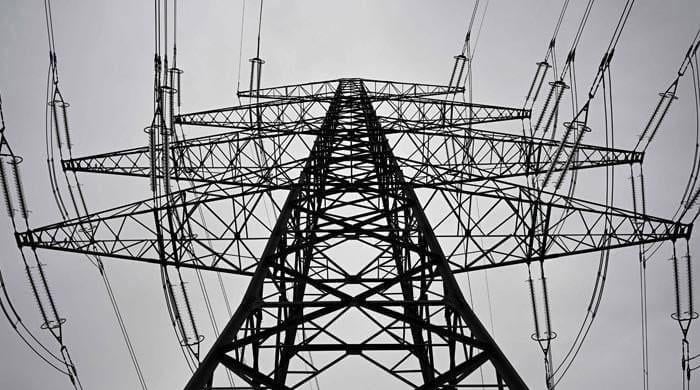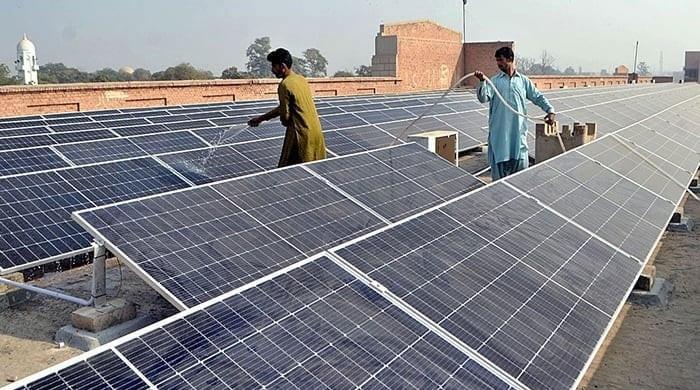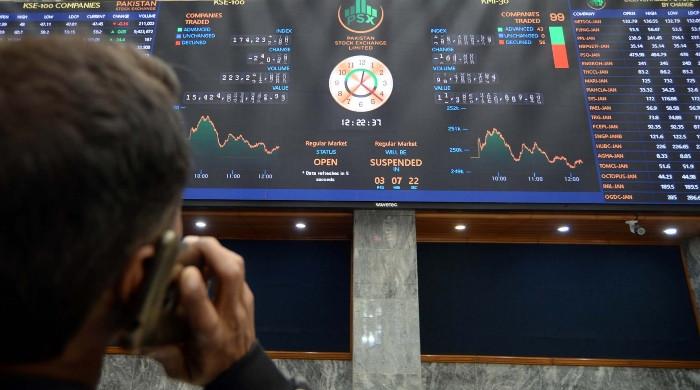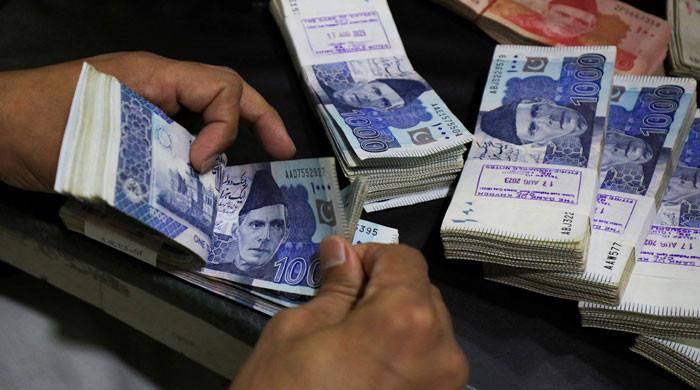Which items will become more expensive after the finance bill is approved?
Govt proposes new taxes on luxury goods causing significant increase in their cost
June 11, 2025
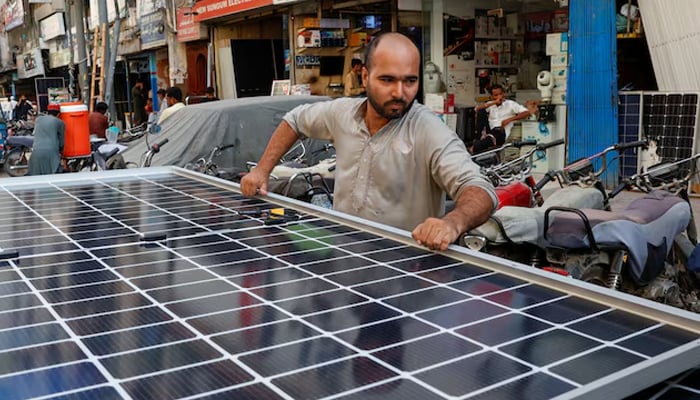
The Federal Budget for 2025–26, unveiled by Finance Minister Muhammad Aurangzeb, is turning heads with a raft of new taxes — especially on high-end products. From luxury items to clean energy imports, the tax net is widening.
Among the most talked-about measures is an 18% tax on imported solar panels — a move that’s expected to hike prices and spark debate. Defending the decision in his National Assembly speech, Aurangzeb said the tax is meant to give a boost to Pakistan’s local solar industry, but critics worry it may slow down the shift to affordable renewable energy.

The development comes during a solar boom in Pakistan, with the net metering capacity rising to 2,813 megawatts (MW) as of March 31, 2025, according to the Pakistan Economic Survey 2024-25 released on Monday.
In addition to solar panels, taxes have also been imposed on various other items, making them more expensive. These items include:
- Vehicles
- Petroleum products
- Juices
- Beverages
- Carbonated water
- Mineral water
- Pet food (including for dogs and cats)
- Coffee
- Chocolates
- Cereal bars
Furthermore, a 2% tax is proposed on the sale of online items, which will also lead to increased prices.
The new budget, presented in the National Assembly, has a total outlay of Rs 17.57 trillion, sets a GDP growth target of 4.2%, and announces relief measures for the salaried class, while overall federal expenditure has been reduced by 7%.





